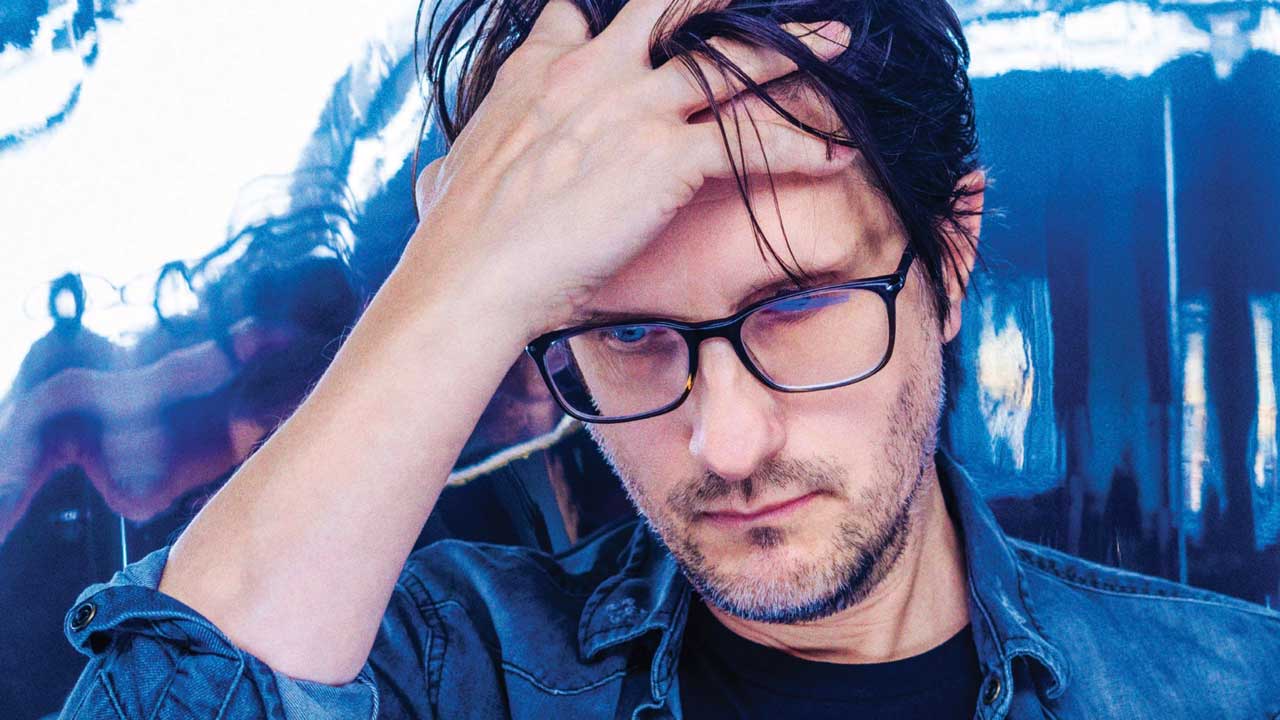"We’re getting there, but we’re not in a rush." Haken and the making of Vector
Haken's 2018 album Vector was the first part of a bold two-part concept piece that followed on to 2020's Virus.
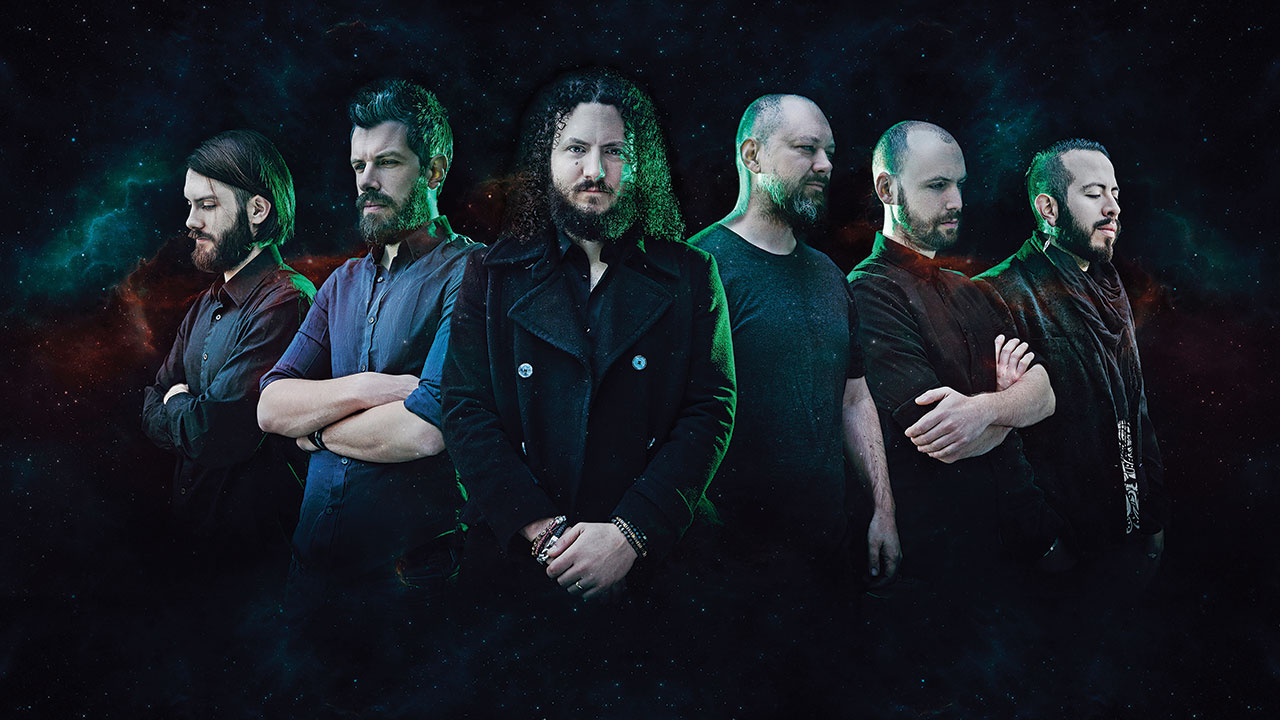
Select the newsletters you’d like to receive. Then, add your email to sign up.
You are now subscribed
Your newsletter sign-up was successful
Want to add more newsletters?

Every Friday
Louder
Louder’s weekly newsletter is jam-packed with the team’s personal highlights from the last seven days, including features, breaking news, reviews and tons of juicy exclusives from the world of alternative music.

Every Friday
Classic Rock
The Classic Rock newsletter is an essential read for the discerning rock fan. Every week we bring you the news, reviews and the very best features and interviews from our extensive archive. Written by rock fans for rock fans.

Every Friday
Metal Hammer
For the last four decades Metal Hammer has been the world’s greatest metal magazine. Created by metalheads for metalheads, ‘Hammer takes you behind the scenes, closer to the action, and nearer to the bands that you love the most.

Every Friday
Prog
The Prog newsletter brings you the very best of Prog Magazine and our website, every Friday. We'll deliver you the very latest news from the Prog universe, informative features and archive material from Prog’s impressive vault.
A coma patient, a sinister doctor and another musical left turn: Haken’s 2018 concept album Vector saw the band cement their place at the forefront of the UK’s prog scene. A decade into their career, the band looked back over 10 years of life on the road and in the studio.
“I found two of those at home recently. I was fishing around trying to find something and found two copies of that early demo. Pristine. Which I promptly spilled a cup of tea all over…”
Haken guitarist Charlie Griffiths chuckles at the memory. Griffiths, along with drummer Raymond Hearne, is sat in an office at Sony Records, the major label that bought Haken’s record label InsideOut in 2015. We’re here to talk about Vector, the British proggers’ fifth album, but we’re also here to chat about the last decade, in which the London-based sextet (keyboard player Diego Tejeida is still resident in his native Mexico) have risen to become major players in the new prog scene.
Prog has just mentioned that we’d unearthed our copy of the band’s 2008 six-track demo Enter The 5th Dimension when Griffiths offers his own revelation. It’s fitting because that demo, made up of songs the band recorded in two sessions between 2007 and 2008, represents an integral part of the Haken story. Fast forward to early 2009: Prog Mag is in its infancy and we’re hunting for unsigned bands to go on the cover CD. A phone call is put in to prog-friendly promoter Jon ‘Twang’ Patrick, then at the helm of the House Of Progression at Kingston’s now defunct Peel venue. If anyone can help set us on the right track, we’re thinking, it’ll be Twang. And sure enough, that’s exactly what he does.
Haken made it onto the CD for the second issue of Prog with Black Seed, thanks to Twang’s patronage and the fact that we were blown away by the demo. Today, songs like Blind, Sleeping Thoughts Wake and Snow, the three epics from the demo, might be consigned to Haken’s history, but they contained the kind of vision and imaginative scope that really set the band out as one to keep an eye on, and had all the trademarks of the Haken sound.
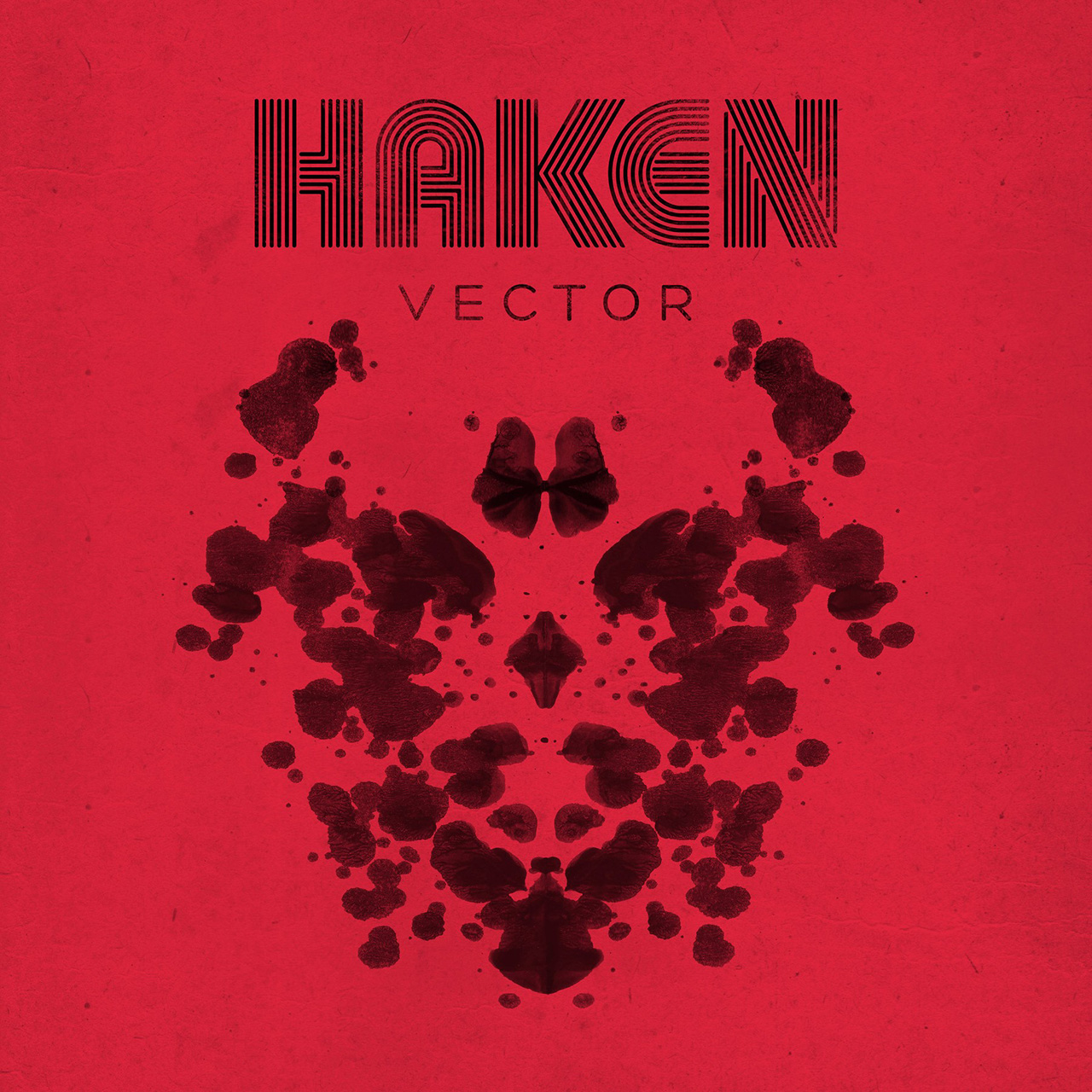
The next time our paths crossed was about a year later. Ken Golden, the owner of the US prog label The Laser’s Edge, had heard the Prog CD, and, duly impressed, signed the band. Haken in turn delivered Aquarius, their mermaid-themed debut album, and suddenly there really was a hot new name on the UK prog scene. They came into our Marylebone offices for one of their first ever photo shoots, later descending on the old Prog local for an interview conducted with yours truly. It may have been a more innocent, hirsute and naive time, but the signs were already there that this band had sufficient mettle to get themselves noticed.
This writer recalls Haken’s first ever appearance at Summer’s End festival later that same year. They opened on the Saturday, an unknown quantity barely registering with the crowd, half of whom hadn’t even bothered to take their places when Haken kicked off with The Point Of No Return. A few bars later, the hall was teeming with attendees, fascinated by whoever was making this gloriously complex progressive noise. Little wonder festival organiser Huw Lloyd-Jones wrote in Ten Years Of The Summer’s End Progressive Rock Festival, “…amazingly if we had them back they’d be headliners now…”.
Sign up below to get the latest from Prog, plus exclusive special offers, direct to your inbox!
He’s not wrong. Few bands have had the kind of impact on the prog scene in recent times as Haken. Although the music industry operates in a very different way these days, you’d probably have to go back to the 80s, when Marillion spearheaded the new prog movement, to find a band who have had a similar impact. Of course, there’s no Top Of The Pops these days, or commercial radio prepared to play anything remotely interesting, so the mainstream media remain as ignorant as ever. Still, it’s been a pretty good decade for Haken, all things considered.
“It seems like we really just haven’t stopped working,” says Griffiths. “It’s kind of gone by in a bit of a blur. Aquarius and Visions were released within a year of each other, and I remember we toured as much as we could. But when The Mountain dropped, that’s when it seemed like doors opened. We were a lot busier, people talking about us a lot more.
“I think you kind of plan to achieve that sort of thing,” he continues. “You wouldn’t do it if you didn’t believe in it. It’s a bit like buying a lottery ticket.”
“We used to talk about world domination in the early days,” laughs Hearne. “But the reality is that it doesn’t feel like we’ve achieved that much. Yet.”
“We just enjoy writing and making music as friends,” says Griffiths thoughtfully. “Once it’s out there, it’s out there, and I guess you don’t really know what it’s doing. That said, every tour we’ve done has been bigger. But to us it doesn’t seem like a meteoric rise. Unless the meteor is a giant one we’re pushing up a hill. The Mountain was all about that, the idea of Sisyphus pushing the boulder up a mountain. It’s slow, steady progress and that’s still our mentality. We’re getting there, but we’re not in a rush. But I guess we have been fortuitous. It’s all been about who we’ve met. From Twang giving us gigs at The Peel, getting on the Prog Magazine CD, and that led to Ken at Laser’s Edge…”
There certainly seems to be a steely determination that’s gone hand in hand with making the music.
“Certainly,” agrees Hearne. “Even back when we were making the demo. The music back then was all over the place, but there was still this idea that we shared a common goal.”
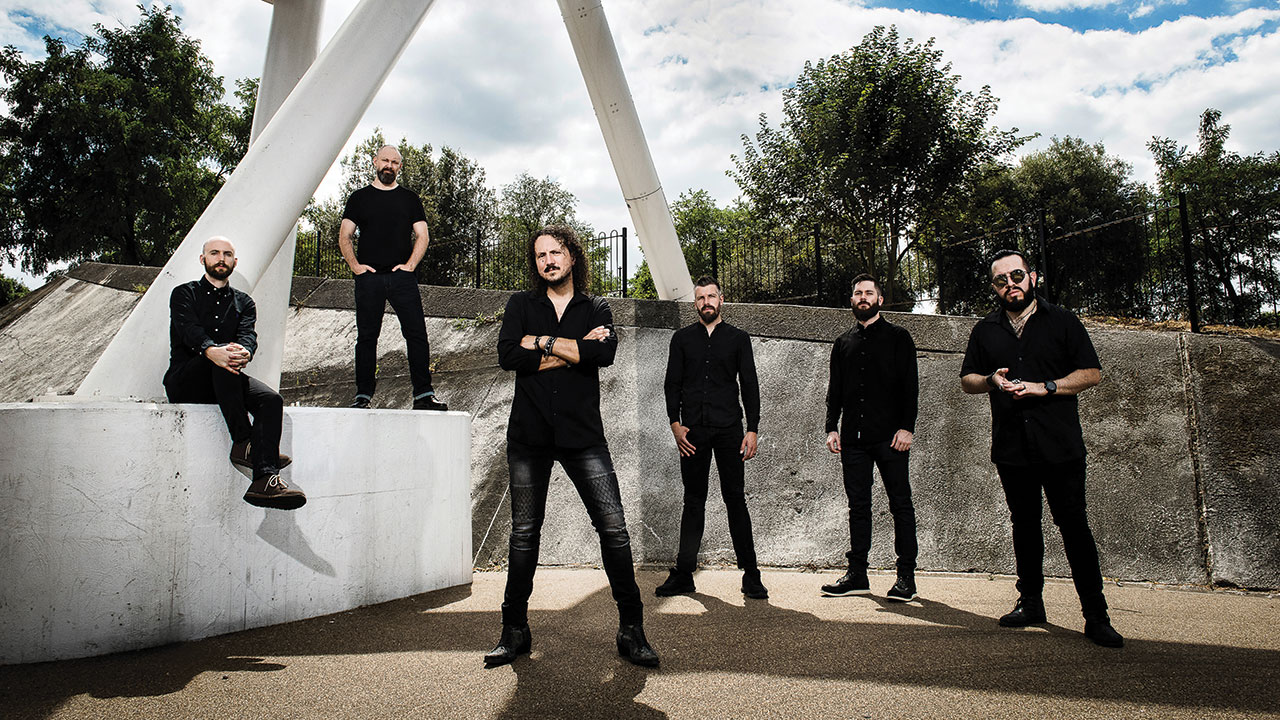
The size of gigs the band play has increased considerably from the days of Summer’s End and The Peel. In London, Haken have progressed through the ranks to headlining Islington Assembly Hall, which places them in the company of Sons Of Apollo and The Pineapple Thief. They’ve played Cruise To The Edge, and Mike Portnoy took on most of the Haken line-up as Shattered Fortress for a world tour performing his Twelve-Step Suite and a handful of select Dream Theater songs. That’s some patronage.
“I think the biggest show we’ve done is probably Hellfest,” Griffiths says, recalling the band’s 2015 appearance at France’s impressive open-air rock festival.
“In terms of crowd size I’m not so sure,” Hearne interjects. “If it’s not that then it might be India last year, or even Mexico.”
What do they prefer: the festivals or the indoor shows?
‘They’re both different,” says the guitarist. “I think I prefer the more intimate shows. There’s just something about them. Then again, I’m not sure you ever get over the sound a huge crowd makes. That roar. It’s a nice feeling, knowing they want to see you.”
And what of the Portnoy connection?
“I’ve been a Dream Theater fan since 1992 and I’ve discovered a lot of music through him, with bands that have supported them and stuff,” says Griffiths. “He’s a big music fan and he’s always talking about new bands, so it was a great feeling to have him give us a pat on the head.”
“I thought it was amazing,” adds Hearne, who of course wasn’t needed as a drummer in Shattered Fortress. “It gave me a chance to see them play live, which I don’t normally get. I’m normally looking at the back of Ross’ [Jennings, singer] head.”
Griffiths says: “It all came about when he emailed us asking us to play his Progressive Nation cruise back in 2014. We kept in touch and he kept on talking about us in the press and eventually we got to play Dream Theater songs with him. For me that really was a dream come true. Every guitar player who plays this genre of music owes a huge debt to John Petrucci. The way he plays is so inspiring, and his mentality, promoting practising. It’s hugely important.”
This new-found confidence is writ large over Vector. At just over 45 minutes, it’s the shortest Haken album to date, but before those of you who place importance on song length over how good the song actually is start panicking, there’s plenty of complex prog metal and a concept of depth to get your teeth into. The likes of The Good Doctor and Puzzle Box pack a hefty metallic punch, the 12-minute Veil is Haken at their exploratory best, and the laid-back, jazzy vibes of Host might not sound out of place on BBC Radio Two.
But prog fans can be a sensitive, contrary bunch: one only has to look at the furore that greeted Steven Wilson’s To The Bone, largely before most people had heard a note. Internet chat about Vector being the heaviest thing Haken have done is definitely wide of the mark. We’re still talking prog metal here, not heavy metal.
“That’s why I don’t like promoting a record,” sighs Griffiths. “I’d rather people just heard it and decide for themselves.”
“I don’t think there’s any point on the record where it’s heavier than we’ve ever done before. Maybe just a bit more consistency,” muses Hearne.
“You can say it’s intense,” says Griffiths.
There was, of course, no point in repeating the 80s-infused prog homage that was Affinity.
Griffiths: “With Affinity, the first song written was 1985, which kind of set the tone for the whole album. And we thought, ‘Well, there’s plenty of bands who pay homage to 70s prog, but what about the 80s? Because that’s when most of us grew up.”
Hearne: “I think after Affinity, one or two people said they wanted to make a heavier record.”
Griffiths: “I don’t really recall anyone saying that, but I do remember the early demos being very precise in terms of drum and guitar sound, and I think it evolved from that.”
Hearne: “I think the more metal aspect of our sound we find a bit more exciting to play live.”
Conceptually, Vector centres around a patient in a catatonic state, but whose mind still appears to be active. There’s a sinister doctor who shows a curious interest in the patient (The Good Doctor), but a lot is left up to the listener to figure out for themselves. Interesting stuff. Who comes up with the concepts?
“Me,” nods Griffiths. “Well, at least the last couple. We had some music written – that’s how we always start. And once I’ve got an idea of how the music will sound, then I start thinking of where we go. This was our fifth album, the Roman numeral for five is V, so the album title will start with a V. You need to start somewhere, and that’s a fun thing to think about. This time last year, we had no idea what this album was going to sound like, and that’s the fun part, creating this piece of art from nothing. And I wrote these short stories, a science fiction kind of thing, and it gives the music more direction. Like if you take A Kind Of Magic by Queen, you wouldn’t relate it to the movie Highlander. But if you listen to it, the songs tell the story of the film.”
From a pristine production sound, courtesy of Adam ‘Nolly’ Getgood, to the finest vocal performance yet from Ross Jennings, to some of the most impactful music Haken (guitarist Richard Henshall and bassist Conner Green make up the rest of the line-up) have ever created, Vector looks set to carry the band on even further. It will undoubtedly please their younger fans, but equally, if given the chance, it should find favour with the older prog crowd too.
It has, all in, been a pretty impressive first decade for the band.
“I’m happy with it, yes,” muses Griffiths.
Has life changed much in the past 10 years?
“Not really,” smiles Hearne. “I’m just not at home as much.”
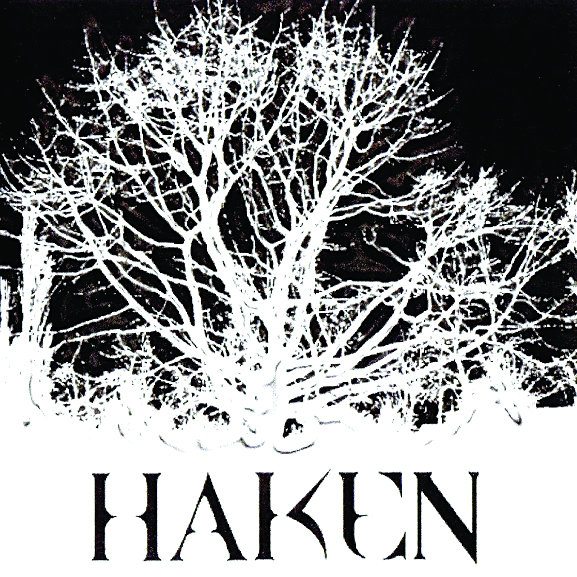
Writer and broadcaster Jerry Ewing is the Editor of Prog Magazine which he founded for Future Publishing in 2009. He grew up in Sydney and began his writing career in London for Metal Forces magazine in 1989. He has since written for Metal Hammer, Maxim, Vox, Stuff and Bizarre magazines, among others. He created and edited Classic Rock Magazine for Dennis Publishing in 1998 and is the author of a variety of books on both music and sport, including Wonderous Stories; A Journey Through The Landscape Of Progressive Rock.

